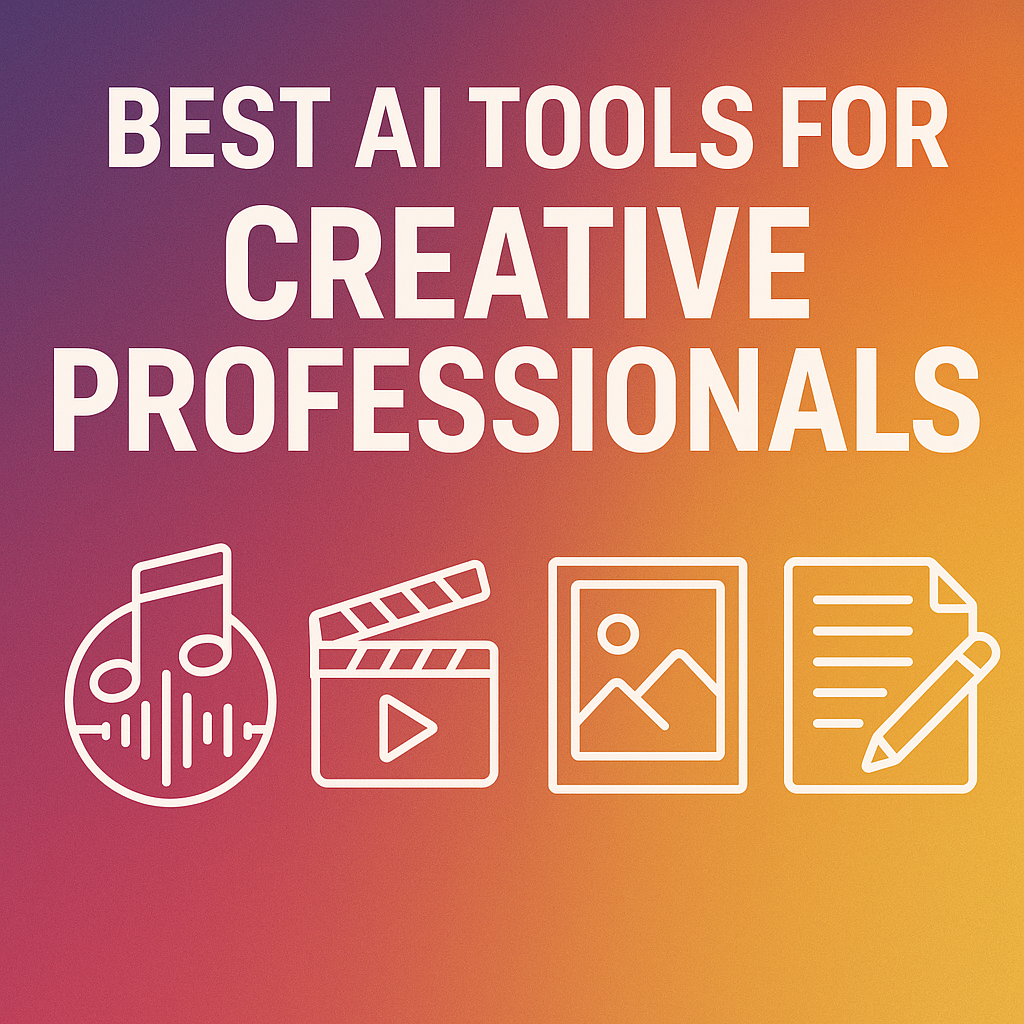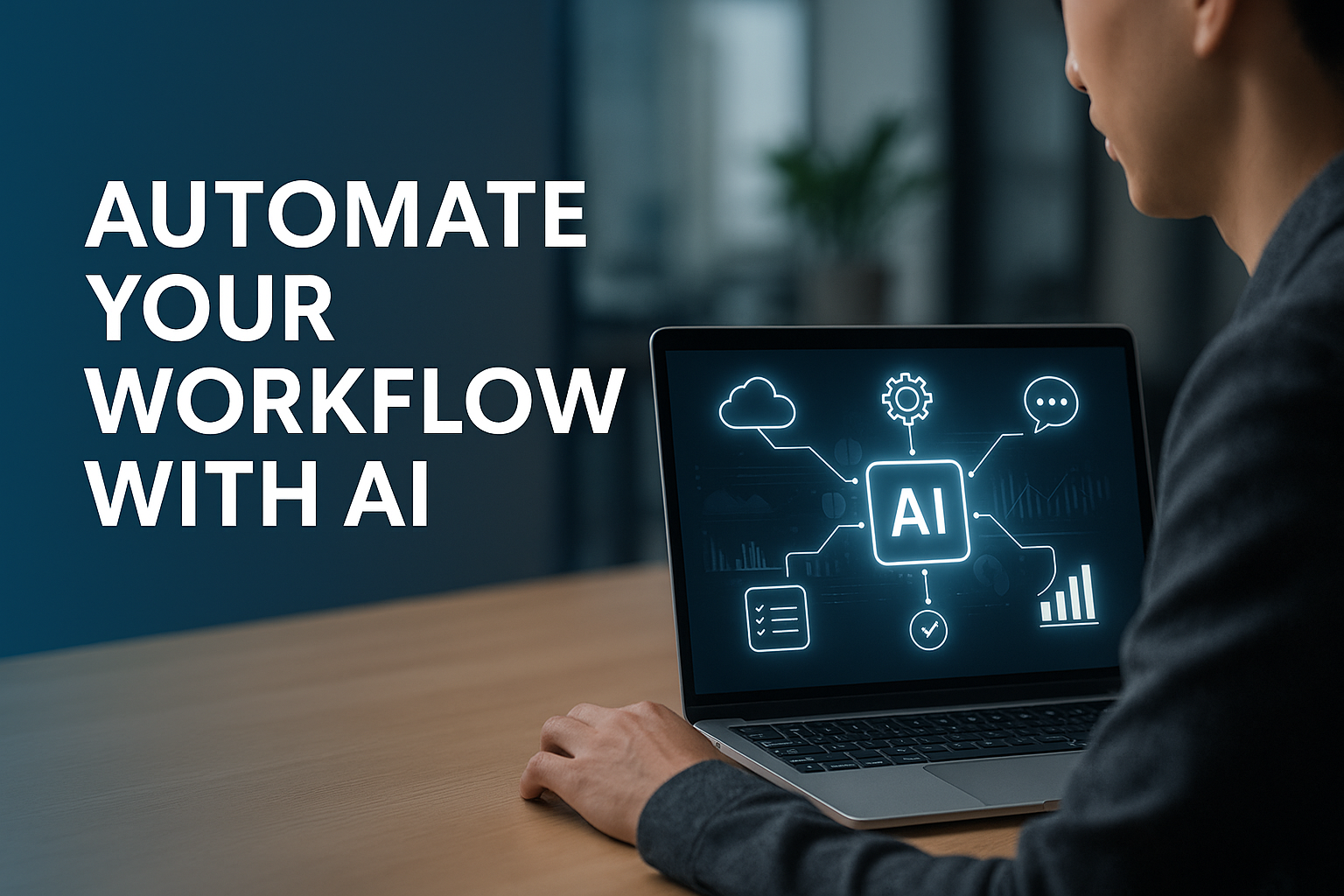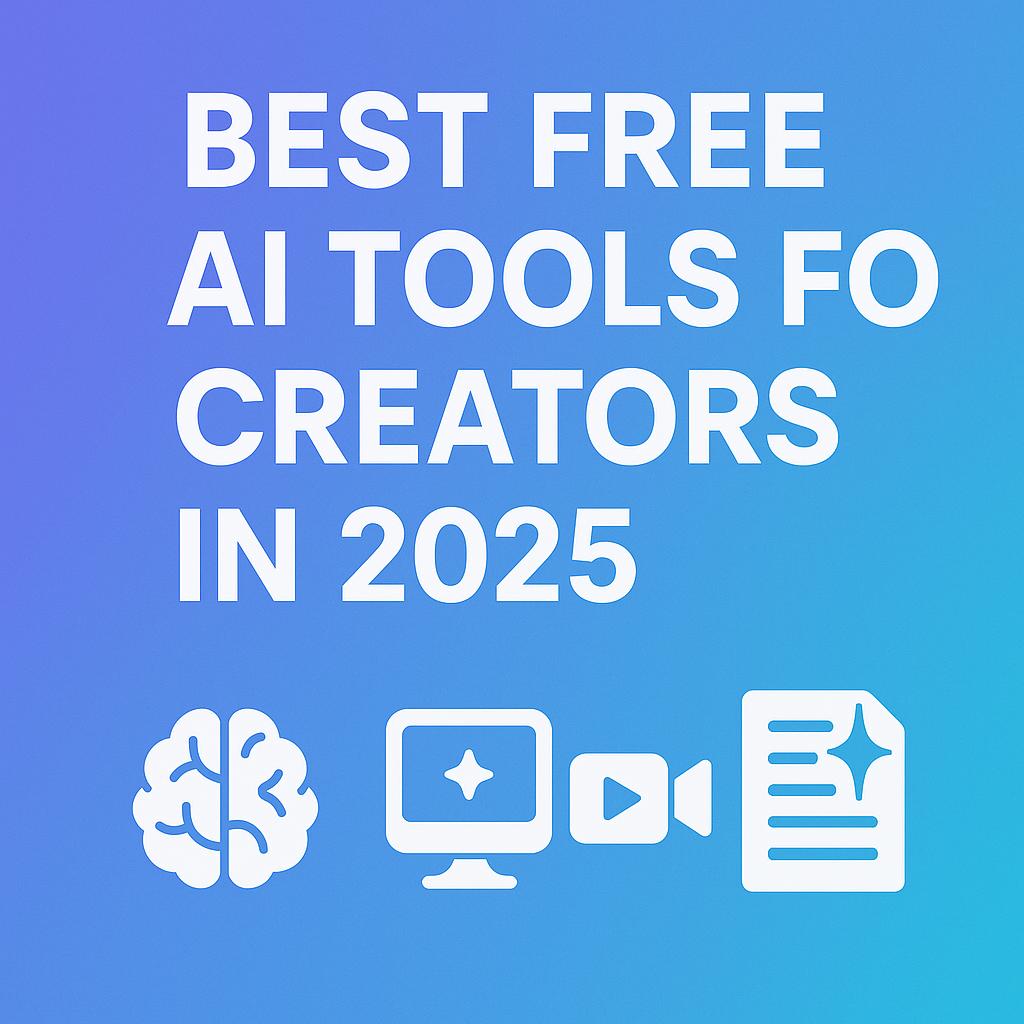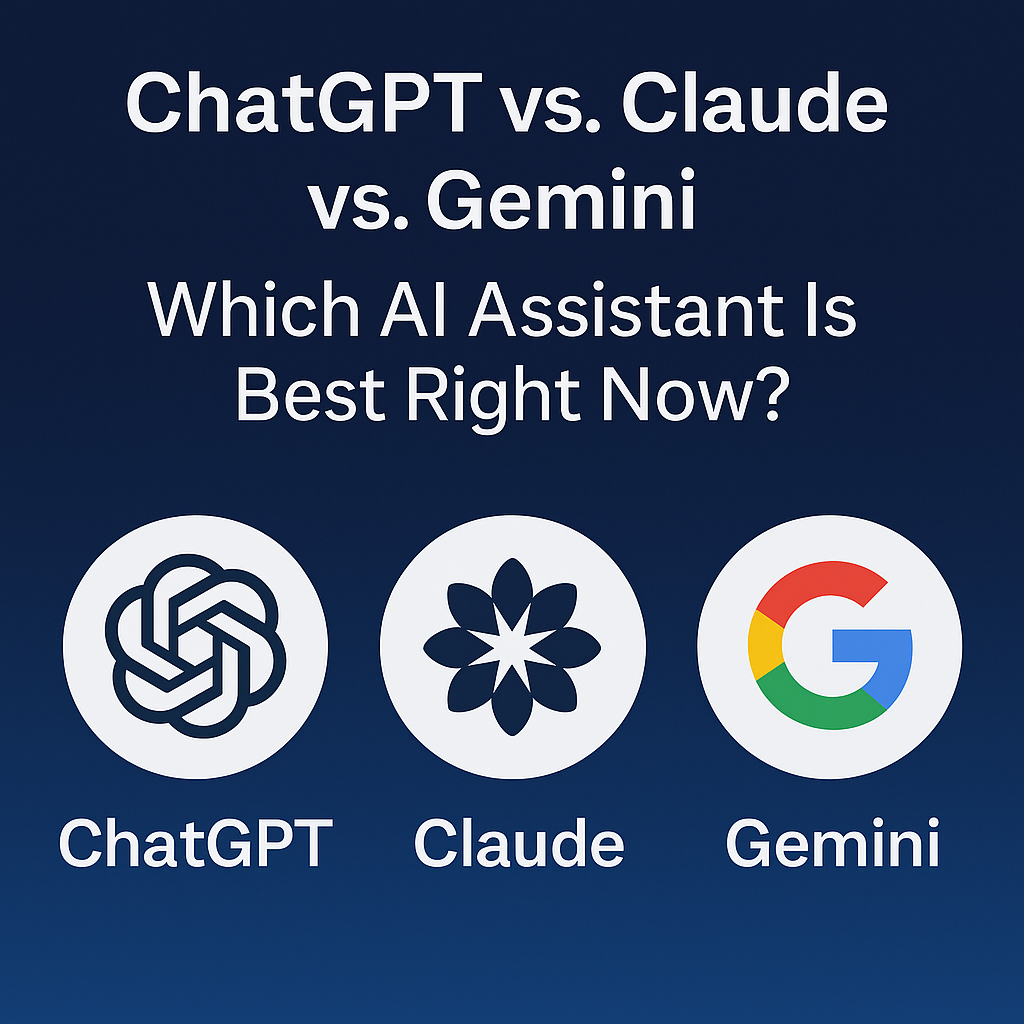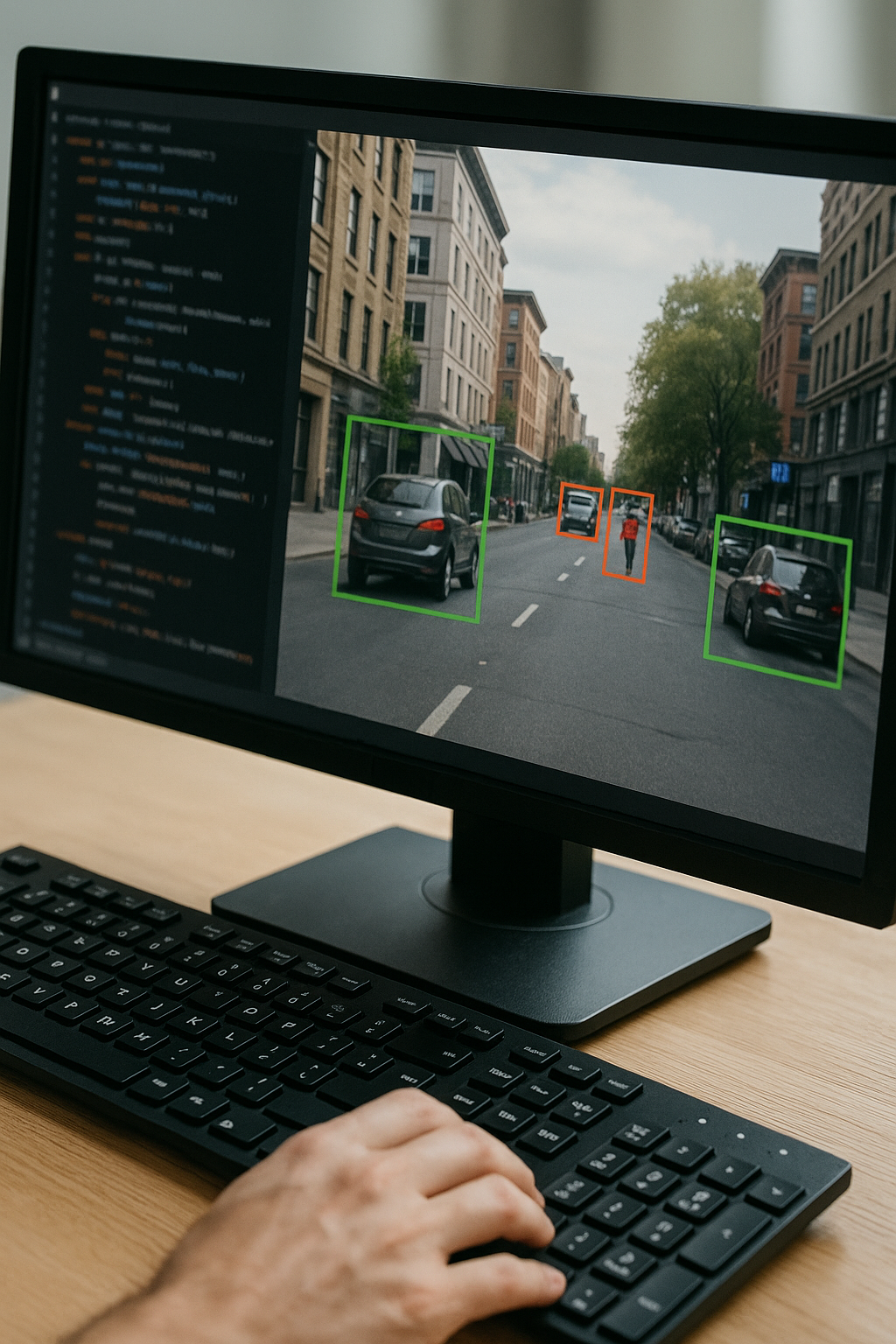Top 5 AI News Stories You Missed This Week
A Week of Progress, Debate, and the Future (Deep Dive)
This week in the fast-paced world of Artificial Intelligence (AI), we witnessed advancements that promise to revolutionize healthcare, reignited discussions about creativity, and unveiled mind-blowing developments in processing power. Here's a closer look at the top 5 AI news stories that will undoubtedly shape the future.
1. AI Makes Strides in Early Disease Detection: A Beacon of Hope in Healthcare
Researchers at MIT have made significant progress in the fight against disease. They've developed a new AI system that analyzes medical scans with remarkable accuracy. Here's what makes this breakthrough so exciting:
- Deep Learning Powerhouse: The system is trained on a massive dataset of medical images – X-rays, MRIs, etc. This allows it to identify subtle patterns and anomalies that might escape the human eye, potentially leading to earlier diagnoses.
- Early Detection Saves Lives: Diseases like cancer and heart disease often have better prognoses when caught in their early stages. This AI system has the potential to save countless lives by enabling earlier intervention and treatment.
2. AI Co-Writes a Grammy-Nominated Song: Is AI the Next Mozart or a Copycat?
The line between human and machine creativity continues to blur. This week, a song co-written by an AI program named "Amy" alongside human collaborators received a Grammy nomination for "Best Country Song." This has sparked a heated debate:
- The Power of AI Collaboration: Proponents argue that AI songwriting tools can act as valuable creative partners, helping overcome writer's block, generate fresh ideas, and even offer objective feedback on melody and structure.
- The Human Touch vs. Machine Mimicry: Critics fear AI songwriting could homogenize music, diminishing the importance of human creativity and emotional connection. They argue that truly great music stems from unique experiences and perspectives that AI simply can't replicate.
3. Cerebras Unveils "The World's Largest AI Chip": Bigger Brains, Bigger Breakthroughs?
Get ready for some serious processing power! Cerebras Systems, a company pushing the boundaries of AI hardware, unveiled the "Cerebras Wafer Scale Engine 2" (WSE-2). Here's what this behemoth brings to the table:
- Staggering Scale: With a mind-boggling 2.6 trillion transistors, the WSE-2 dwarfs previous AI chips. This immense processing power allows AI to tackle complex tasks that were once considered unimaginable.
- Unlocking New Frontiers: The increased capabilities of the WSE-2 could lead to significant breakthroughs in areas like natural language processing, where AI can understand and generate human language with unprecedented nuance. Additionally, it could accelerate scientific simulations, allowing researchers to model complex systems with greater detail and accuracy.

4. AI Startup Aims to Build the First "AI Programmer": Can Machines Code Themselves?
A new AI startup called "Cognition AI" has set an ambitious goal: building the first AI software engineer. Here's what this audacious project entails:
- AI Learns to Code: Cognition AI envisions an AI that can not only write code from scratch but also understand and adapt to existing codebases. This could revolutionize software development by automating repetitive coding tasks and potentially even designing entirely new software applications.
- The Future of Work: While exciting, this development raises concerns about job displacement in the software development field. Additionally, the ability of AI to generate code raises questions about security vulnerabilities and the potential for unintended consequences.
5. FTC Scrutinizes Privacy Concerns in AI-Powered Recommendation Systems: Algorithmic Bias Under the Microscope
The debate over AI ethics continues, with the Federal Trade Commission (FTC) turning its focus to AI-powered recommendation systems. These systems are used everywhere, from suggesting products on online shopping platforms to recommending news articles on social media. The FTC is concerned about:
- Bias in the Algorithm: AI recommendation systems can perpetuate existing biases in society if the data they are trained on is skewed. This could lead to discriminatory outcomes, such as recommending jobs or opportunities to certain demographics over others.
- Transparency and Control: Consumers have a right to understand how these algorithms work and what data they are using. The FTC is pushing for greater transparency from companies that use AI recommendation systems, allowing users more control over their data and the recommendations they receive.
Stay Ahead of the Curve with Our AI Newsletter!
The field of AI is constantly evolving, with new breakthroughs and challenges emerging every week. Don't get left behind! Sign up for our FREE weekly AI newsletter. We'll provide in-depth analysis of cutting-edge research, explore the ethical implications of AI development, and keep you up-to-date on everything AI.
Sign up below today!



